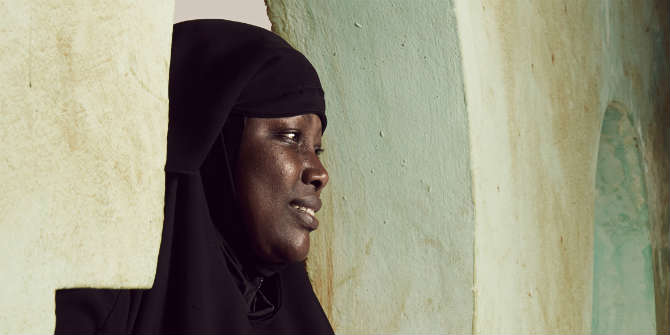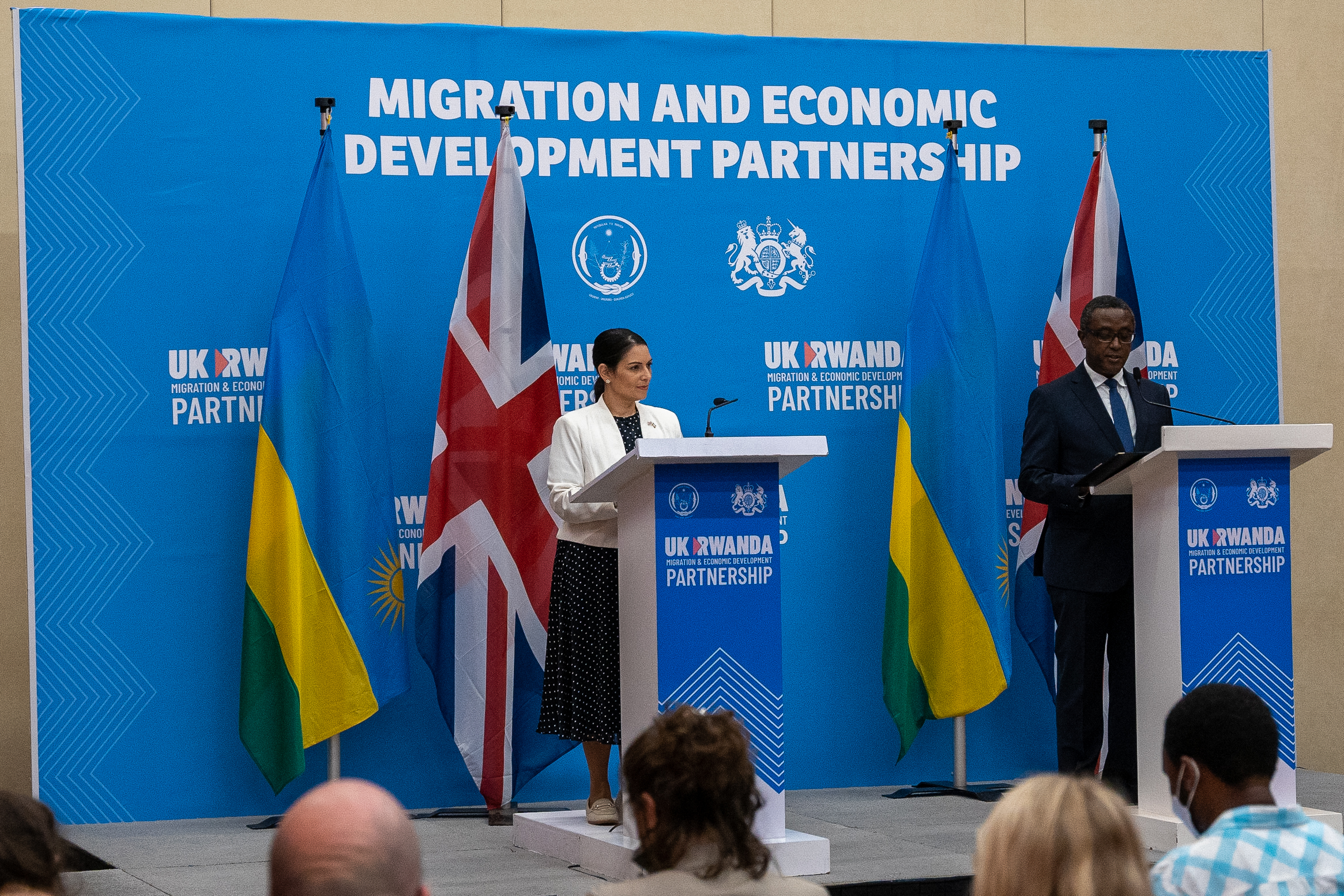Ahead of the screening of the documentary, Beatrice Mtetwa and the Rule of Law, at LSE on 18 June, film-maker Lorie Conway describes her motivations in producing and directing this film.
When deciding how to produce a film about Zimbabwe several themes ran through my head. Some themes appeared to be narratives with a compelling storyline. But conferring with two colleagues who helped developed the film, we began a process of elimination on what could work. I was intrigued when the rule of law was suggested as the prism in which to tell the story of the country. But also initially confused. What did the rule of law mean exactly? How could a country like Zimbabwe even have a rule of law having been governed by a dictator for over thirty years? What was the relationship of the rule of law to Zimbabwe’s collapsing economy? to human rights? to democracy? Why had President Robert Mugabe amended Zimbabwe’s constitution 17 times? How could a film present a nuanced view of the rule of law?
Beatrice Mtetwa. That’s how
I learned about the courageous human rights lawyer and her efforts to uphold the law in Zimbabwe through Andrew Meldrum, a journalist and friend of mine who helped in the early development of the film. He got to know Beatrice while she was defending him for “committing journalism” in Zimbabwe, and although aquitted, he was forcibly deported by the government after living and working there for 23 years. Hearing Andy describe this brave attorney who showed up at midnight wearing a track suit and shining her headlights at the home of a client that was being raided by state police, Beatrice seemed bigger than life. Reading about her passion for the law and the risk she took to defend victims of Mugabe’s regime, it became clear–if Beatrice was willing to participate in the film, the rule of law would not only become a framework in which to tell the story, the film would have an extraordinary central character to make it real.
The Defendants. Making the rule of law real
Once Beatrice agreed to be the focus of the film, we developed a list of her defendants who represented an array of situations in which their rights and the rule of law had been abridged. Several agreed to participate in the film. From two women who direct an organisation which leads street protests demanding clean water, affordable food, education for their children, and public safety, to a farmer whose coffee farm had been invaded and stolen by Mugabe loyalists who raped and killed his workers before taking over the farm. During two trips to Zimbabwe and one side trip to London, we filmed with 7 defendants who told their stories. During their interviews, the rule of law was no longer an abstract concept. Defendants spoke about property rights, freedom of speech and movement, being abducted from their bed, participating in how their government is run, public water that won’t cause cholera, food that is affordable and accessible, fighting for the right to vote without intimidation, and a state police force that tortures and kills those who don’t support Mugabe. As one interview led to another, the rule of law had taken on many human dimensions. It became clear. Without the rule of law society doesn’t have a chance of being “civil.” Nor does democracy have a chance of taking hold, let alone a free and fair election. As we witnessed in Zimbabwe, without the rule of law citizens turn on each other. The police no longer protect you. They protect the regime. Freedom of thought and information becomes high risk as the government takes control of all media. And feeling safe, even in your own home, is no longer taken for granted.

In this toxic environment Beatrice Mtetwa gets up everyday and defends her clients. Often she knows she will lose the case–not because the law is against her but because the politics is. But through the litigation comes a record. Of the abuses. Some 25 years later, Beatrice has developed quite a “narrative of abuse.” From this record will come accountability – someday – for the crimes that have been committed. Or at least the recognition that people know what happened to whom by whom. Because even in Zimbabwe with a rule of law that is as “mutilated” as any, the mechanisms remain in place to litigate. To record. To prove that these things did happen. As Beatrice says, “No one can say they didn’t know.”
The Film. Advocating for awareness and change
While the goal has always been to create a film that would provoke discussion and awareness about Zimbabwe and the rule of law, filming with Beatrice, learning about conditions in the country today and its history under Mugabe, took the film in a direction that was harder hitting in its indictment of the regime and more towards an advocacy position for change in the country. Beatrice’s dominance in the film also allows viewers to be inspired by her passion for the law and to understand why she risks her life upholding the law. Using the law to make others accountable and to make a difference is a universal message–one that extends far beyond Zimbabwe’s borders.
Beatrice Mtetwa and the Rule of Law will be screened at LSE on Tuesday 18 June at 18.45 and will be followed by a Q&A session with Beatrice Mtetwa, one of Zimbabwe’s most courageous human rights lawyers.
Venue: New Theatre, East Building, Houghton Street, London, WC2A 2AE
This event is free to attend, but you must email to register: mtetwafilm@int-bar.org





